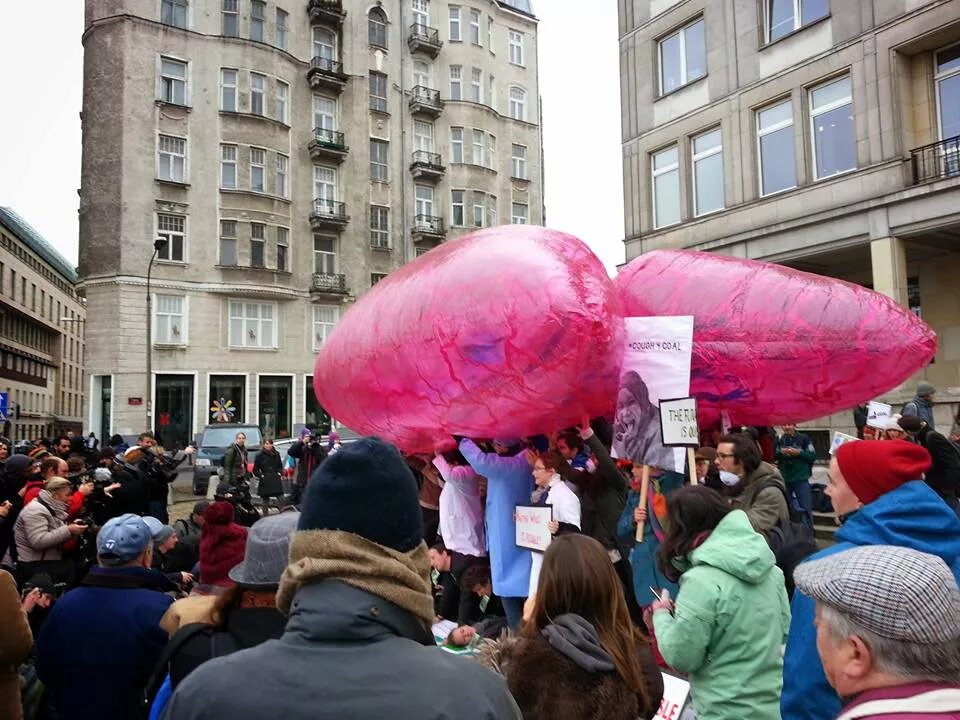
The gulf has run out of pearls and we all know oil is next.
During the COP18 in 2012, four countries of the Gulf Cooperation Council (GCC) filed a historic joint submission to the UNFCCC to put forward their national efforts and cooperative actions under the umbrella of economic diversification.
At COP19 in Warsaw, the climate negotiators from Saudi Arabia, the United Arab Emirates (UAE), Bahrain, and Qatar held a side event to share their national progress made in climate related initiatives.
The four countries set goals to boost the amount of energy they get from renewable sources, especially solar energy. Bahrain aims for a five percent renewable energy target by 2020, while Qatar wants to produce two per cent of its electricity from solar energy by the same year. Saudi Arabia says it hopes to attain one third of its power from the sun by 2032. The UAE host the new International Renewable Energy Agency, and its capital Abu Dhabi – which aims to get seven per cent of its power from renewables by 2020 – is home to Masdar City, a car-free city featuring state-of-the-art green architecture. Lastly, Dubai plans to receive a five per cent share of its energy mix from solar power by 2030.
An interesting development with regards to the energy policies of the UAE and Saudi Arabia is the fact that they are both investing in nuclear energy. Riyadh intends to install 5.4GW of nuclear power by 2032, while the UAE has announced plans to install 5.6GW of nuclear power by 2020. When Safa' Aljayoussi from Greenpeace Mediterranean asked the Saudi negotiator why his country invests in nuclear energy, he replied that it was needed in order to meet Saudi-Arabia’s energy needs which he claims cannot be bet by solar energy alone.
The critical question is: Does it matter? "The problem is not how many solar panels Saudi-Arabia can have. The problem is: how much of the fossil fuel that Saudi Arabia has is going to go to the whole world?" former Bolivian climate negotiator Pablo Solon said to Aljazeera during COP18. Given how fast the total energy consumption worldwide is growing, with the prospect of peak oil already affecting some Gulf countries, diversification of energy sources including renewables could help cutting emission while delivering economic benefits.
The Working Group I contribution to the 5th Assessment Report of the Intergovernmental Panel on Climate Change, of which a summary for policy makers was released in October 2013, [p1] stated that there is a growing gap between global mitigation actions and what is needed for the two-degree target. In order to meet the target, mitigation needs the participation by developing countries.
"Mitigation action in the GCC-countries has started and substantial ambition exists in various sectors," Axel Michaelowa from Climate Net Perspectives explained during the side event. However, "integration of mitigation measures in national policy plans is a challenge despite win-win characteristics." Exemplifying this latter point, Fahad bin Mohammed Al-Attiya, Chairman of the Qatari National Food Security Programme, underlined the country’s need to secure fundamental resources, sharing the fact that Qatar only has water reserves for up to 48 hours at its disposal. Qatar relies on energy-intensive desalination plants for its freshwater, further driving up its electricity demand.
Axel Michaelowa pointed out that the GCC countries have significant mitigation potential and could therefore contribute to a positive dynamic by making pledges in the run-up to the Paris Conference, the 21st session of the COP in 2015 during which an international treaty supplanting the Kyoto Protocol is to be signed.
Heinrich-Böll-Stiftung Palestine/Jordan supported the participation of two environmental activists and experts from Palestine and Jordan in the COP19 in Warsaw. The views expressed in these articles are those of the authors and do not reflect the official opinion of the Heinrich-Böll-Stiftung.